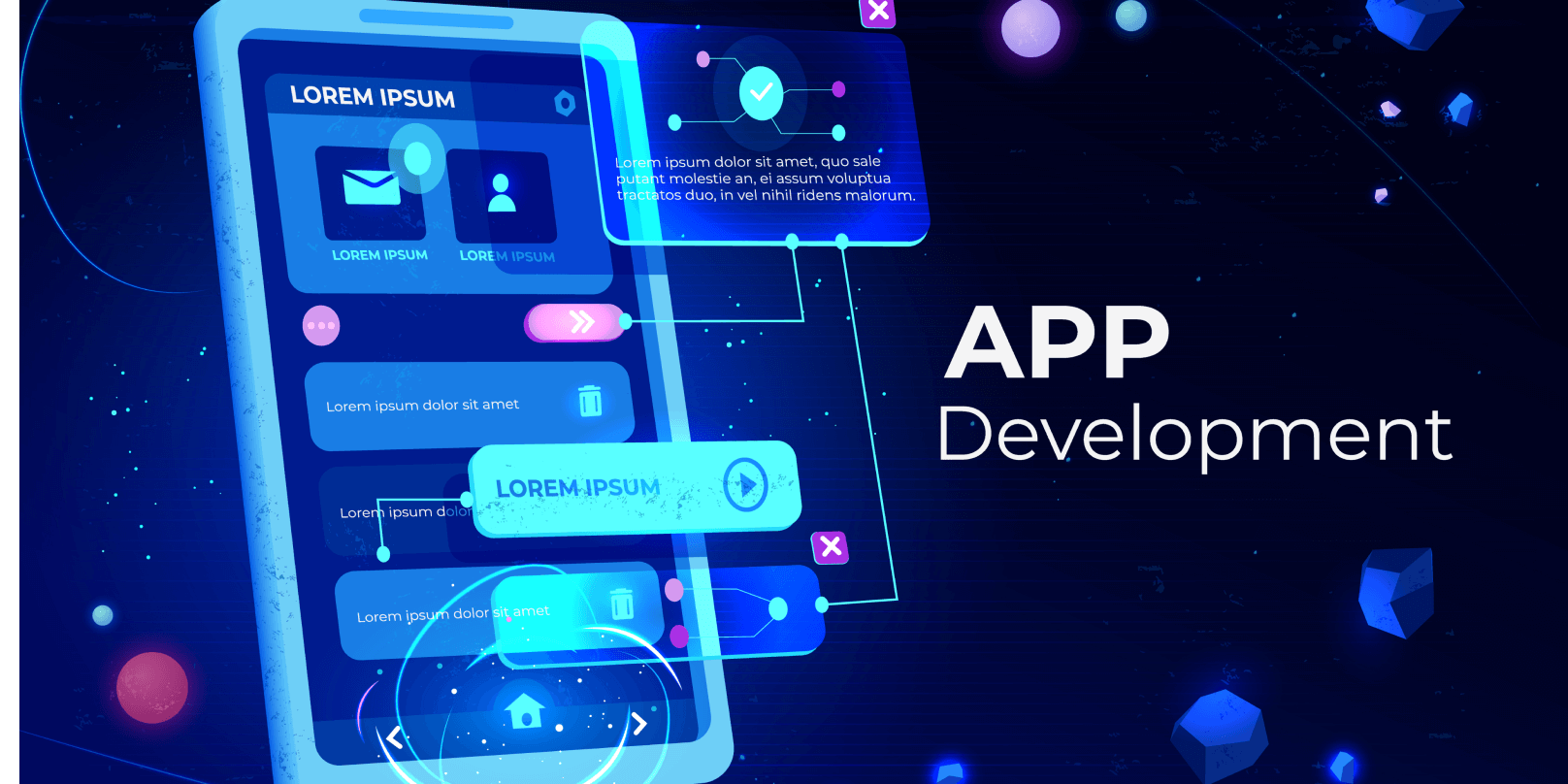
Native vs. Hybrid App Development: Choosing the Right Approach
By Udit Agarwal

In the ever-evolving world of mobile app development, businesses and developers face a crucial decision – whether to opt for native app development or embrace hybrid app development. Both approaches have their merits and drawbacks, and choosing the right one depends on various factors such as project requirements, budget, timeline, and target audience. This comprehensive guide will explore the differences between native and hybrid app development, their pros and cons, and key considerations to help you make an informed decision.
Native App Development:
Definition: Native app development refers to building apps specifically for a single platform using the native programming languages and development tools provided by that platform. For example, developers use Swift or Objective-C to create iOS apps for Apple’s iOS platform and Java or Kotlin to develop Android apps for Google’s Android platform.
Pros:
- Performance and User Experience: Native apps offer superior performance and user experience due to their direct integration with the platform’s native APIs and hardware features.
- Access to Device Features: Native apps have full access to the device’s features, such as cameras, GPS, push notifications, and sensors, enabling developers to create rich and immersive experiences.
- Platform-Specific UI/UX: Native apps adhere to the platform’s design guidelines, providing a familiar and consistent user interface.
- Offline Access: Native apps can function offline or in low-connectivity environments, improving user accessibility.
Cons:
- Development Time and Cost: Developing separate apps for each platform can be time-consuming and expensive, especially for resource-constrained projects.
- Maintenance Overhead: Updates and bug fixes must be implemented separately for each platform, increasing maintenance efforts.
- Expertise Requirement: Building native apps requires developers with platform-specific expertise, potentially limiting the available talent pool.
Hybrid App Development:
Definition: Hybrid app development involves creating apps that are essentially web applications embedded in a native app shell. Developers use web technologies like HTML, CSS, and JavaScript to develop the core functionality and then wrap the web code in a native container to access device features.
Pros:
- Cross-Platform Compatibility: Hybrid apps can run on multiple platforms with a single codebase, significantly reducing development time and cost.
- Unified Development: With a single codebase, developers can simultaneously release updates and bug fixes across multiple platforms.
- Easy Integration with Web Content: Hybrid apps can seamlessly integrate web content, making updating and managing content simple.
- Wider Talent Pool: Web developers with expertise in HTML, CSS, and JavaScript can build hybrid apps, widening the talent pool.
Cons:
- Performance: Hybrid apps may suffer from reduced performance compared to native apps due to the reliance on web technologies.
- Limited Access to Device Features: Hybrid apps may have limitations in accessing certain advanced device features due to the abstraction layer.
- User Experience: Hybrid apps might not deliver the same polished user experience as native apps due to variations in UI/UX across platforms.

Choosing the Right Approach:
The decision to choose between native and hybrid app development depends on various factors:
- Project Requirements: Consider the specific features, performance requirements, and device integration needed for your app.
- Target Audience: If your target audience primarily uses a specific platform, native development might be more suitable.
- Budget and Timeline: Hybrid development can save costs and time, making it an attractive option for projects with limited resources.
- User Experience: For a seamless and platform-specific user experience, we recommend native development.
- Maintenance and Updates: Hybrid apps offer ease of maintenance and simultaneous updates, simplifying long-term management.
- Development Team Expertise: Evaluate the skillset of your development team and their familiarity with native or hybrid technologies.
- Long-Term Vision: Consider your app’s long-term goals and potential scalability, as these can influence the development approach.
Conclusion:
Choosing between native and hybrid app development requires carefully evaluating your project’s requirements, budget, timeline, and target audience. Native development offers superior performance and user experience but comes with increased costs and development time. On the other hand, hybrid development allows for cross-platform compatibility and streamlined maintenance, but it might sacrifice some performance and device feature access. Ultimately, the right approach will depend on your unique project needs and your vision for the app’s success. By understanding the strengths and limitations of both methods, you can make an informed decision that aligns with your app’s goals and resonates with your target audience.